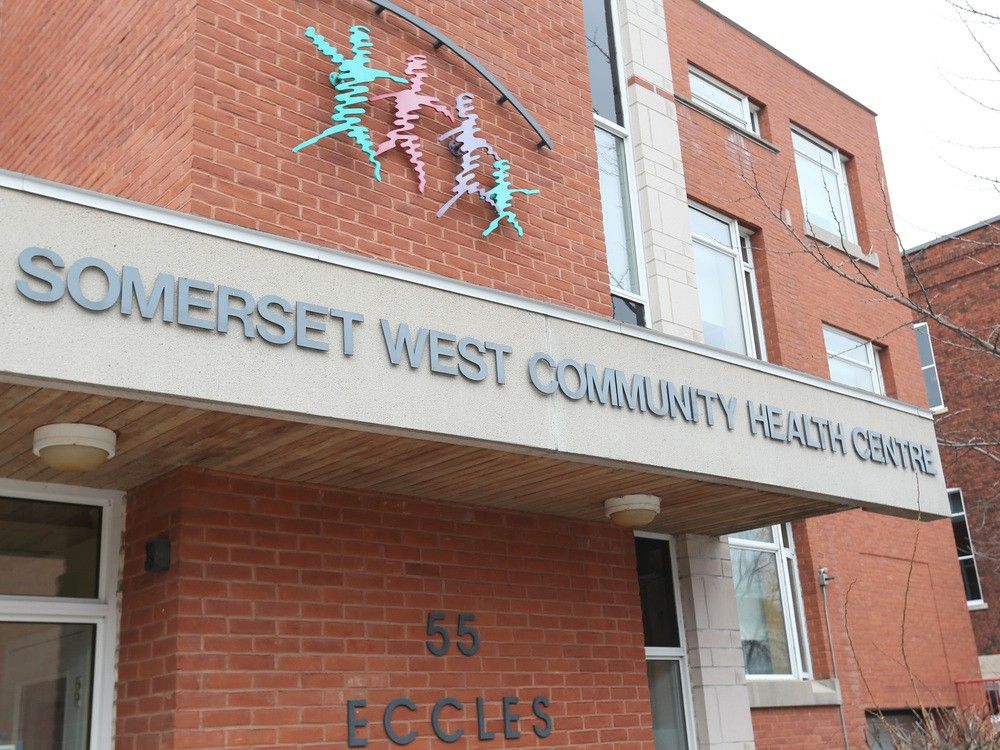Historically, models of isolation and violence inflict deep harm on already targeted peoples: Indigenous, Black, racialized, disabled, criminalized people and drug users. Studies show that forcibly institutionalizing people creates worse outcomes than other forms of support. People already struggle to access voluntary treatment, counselling and bed-based services. This type of incarceration often reduces tolerance to substances, increasing the risk of fatal overdoses upon release, particularly when community-based supports are lacking.



We’re at this stage because of the misperception that being unhoused makes one a criminal.
Most of the unhoused aren’t criminals. The ones who are are over represented in the public eye and cause people to think that all homeless people are the same. They aren’t.
Most criminals aren’t unhoused. Most addicts aren’t unhoused. Why are we only talking about addiction and crime as it relates to the unhoused?
The unhoused are 7 to 10 times more likely than the housed to be the victim of a crime.
Twice this summer, in my neighborhood people have rolled up in their pickup trucks on nearby encampments,doused the tents in gasoline (without checking if anyone was inside) and lit them on fire.
You think it sucks having your stuff stolen? Imagine having what little shelter and few possessions you do have being repeatedly burnt to the ground.
Essentially using poverty as an excuse to “treat” people against their will is dystopian.